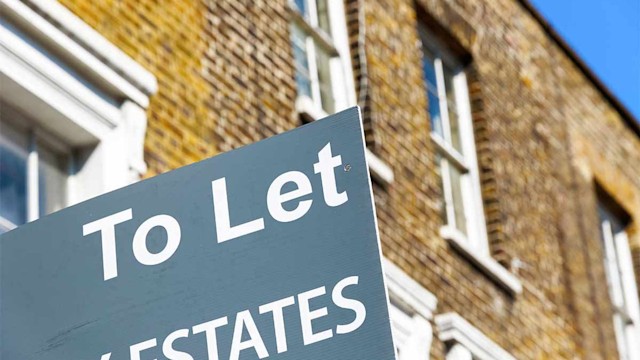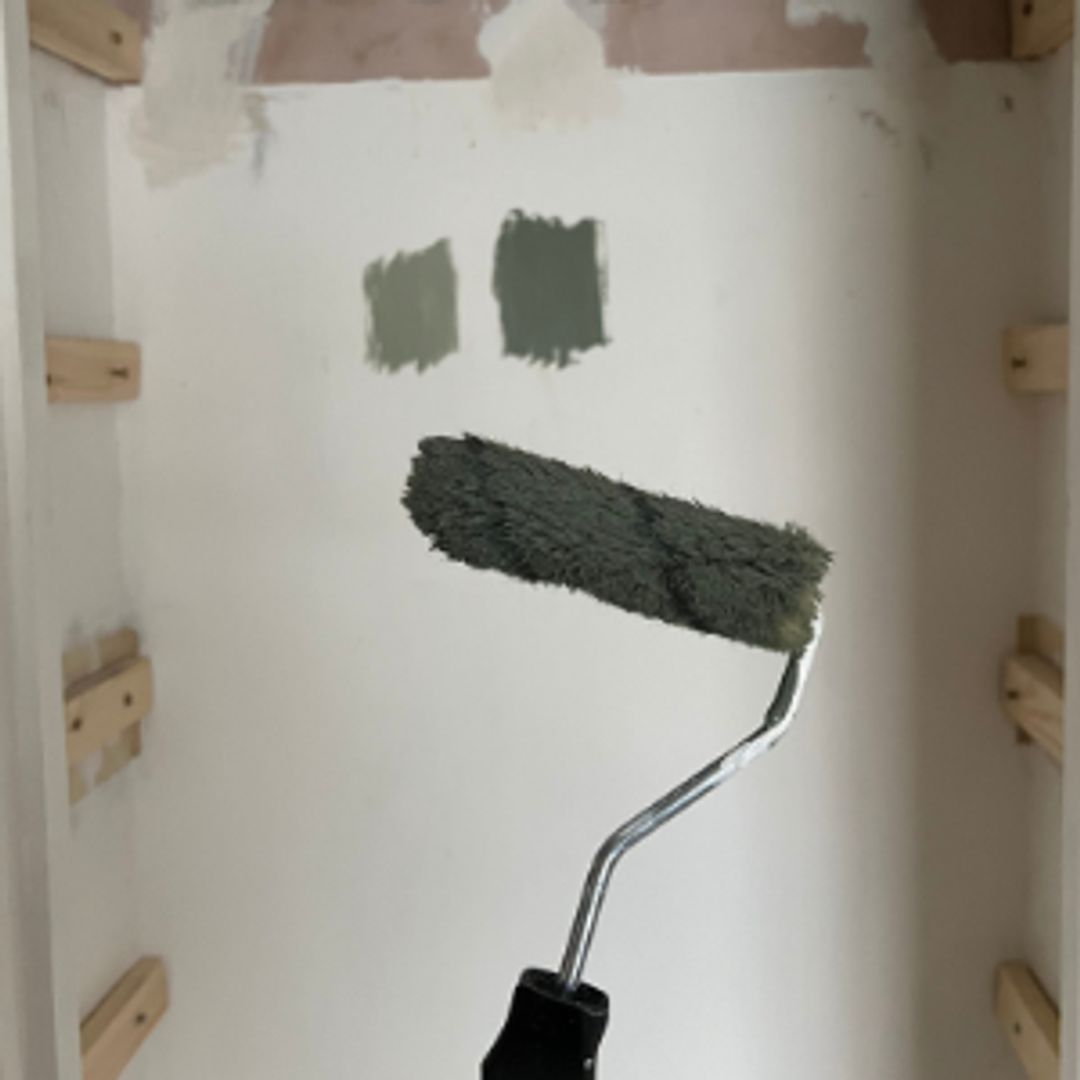It’s that time of year again, where students around the country prepare to leave home and move into their own halls or house share for the first time. But help is at hand from Phil Spencer, who has shared his expert advice for the 2.3 million students planning to take their first steps into moving into private rented accommodation on his site Move iQ. Read on for the Location, Location, Location host's top tips…
How to find student accommodation
"Online searches and tip-offs from friends can be a very useful starting point for finding student accommodation, or you could find a lettings agency. They'll search their listings for landlords who will accept students. The reality is, not all landlords do accept students, as some of them unfairly regard student tenants as being somewhat higher risk. Letting agents don't have to be regulated themselves, so it's a good idea to try and use an agent who has already signed up to one of the voluntary self-regulating bodies."
Phil Spencer has shared some expert tips for students
What you need to secure accommodation
"You'll need to provide character references and credit checks. It's always worthwhile getting these prepared in advance. Once you've found a place, find out what type of tenancy you're being offered. There are various forms – it could be joint tenancy, sole tenancy, simply renting a room in your landlord's home as a lodger, or it could be renting a room in a building with shared facilities. Each type of tenancy has its own rules for both landlord and tenant."
MORE: Phil Spencer reveals the one thing you should never do at a house viewing
Paying and protecting your deposit
"You are likely to be required to pay a deposit to cover the cost of any damage that you may cause while living there. Getting that deposit back at the end of your tenancy has long been a bone of contention from unscrupulous landlords, but things have improved for tenants recently with the introduction of a tenant deposit protection scheme. It's a really useful thing, and it requires your landlord to hold the money in an approved independent protection scheme which can provide help should there be a dispute about returning it."
STORY: How to boost the value of your property by thousands without spending a penny
Do students have to pay Council Tax?
"If you're a full-time student, the answer is no. Although, if someone in the house is not a full-time student there will be a bill. This will be reduced, however, if everyone else is a student."
Like this story? Sign up to our newsletter to get other stories like this delivered straight to your inbox.










